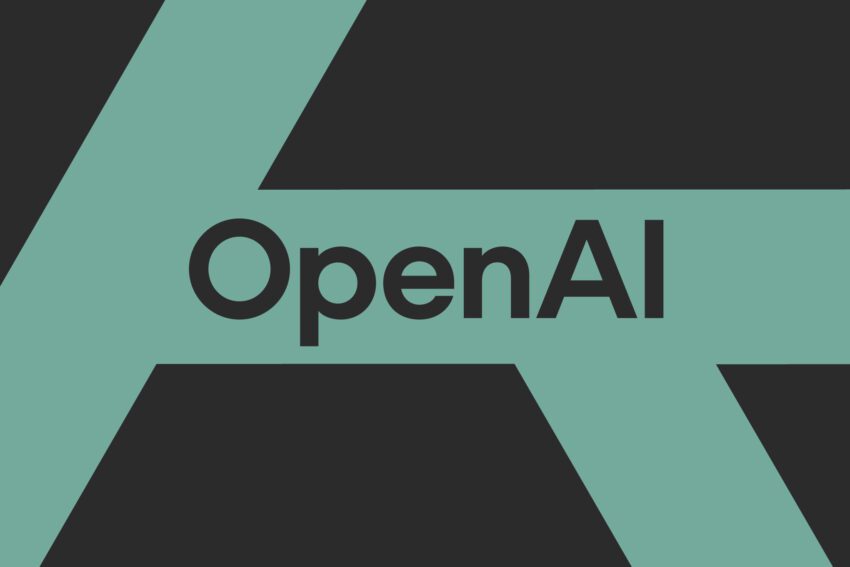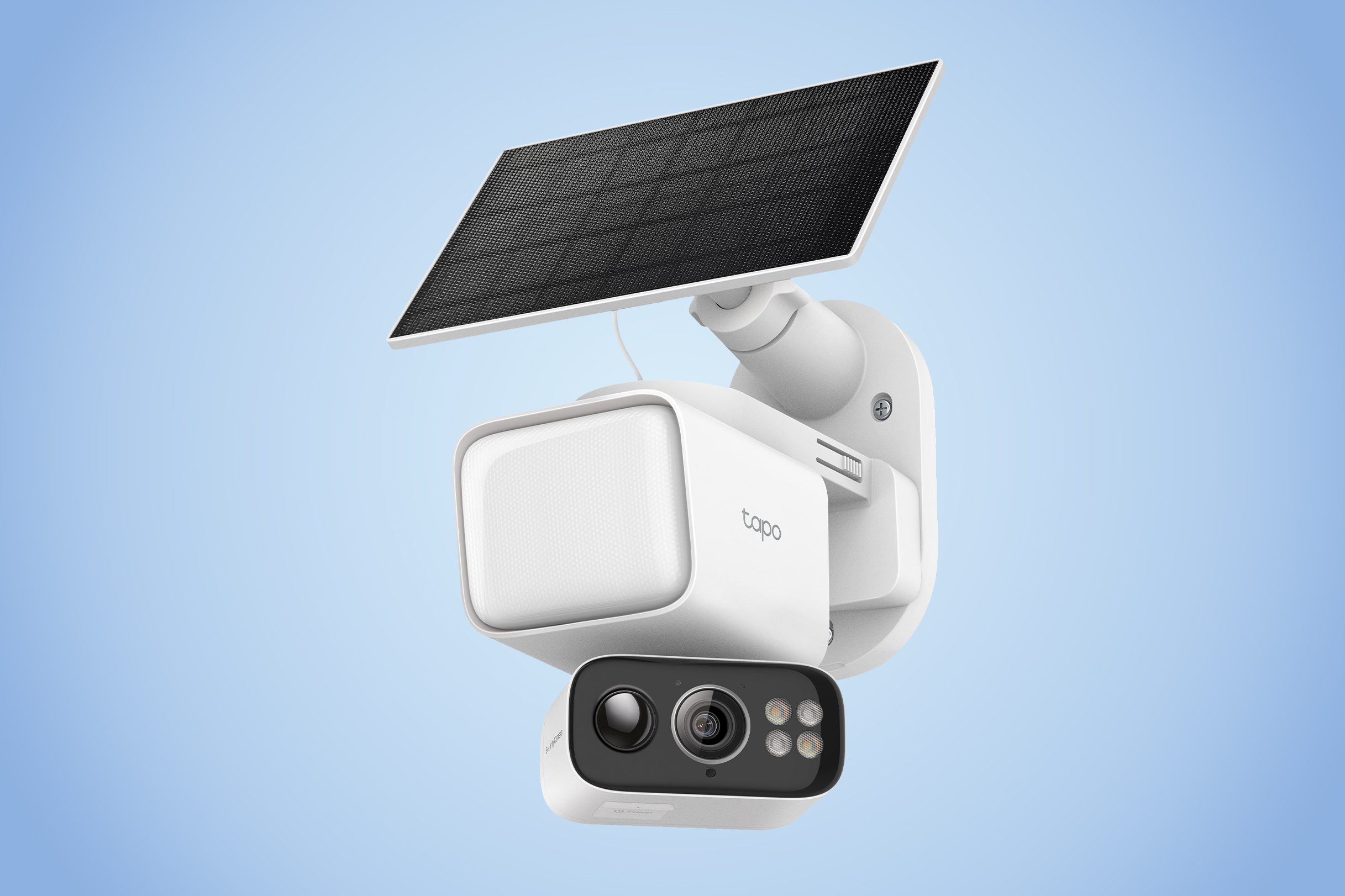
it looks like openai is about to OpenAI is set to unveil its highly anticipated AI web browser, a development that could significantly reshape the landscape of web browsing.
it looks like openai is about to
Teaser Announcement and Livestream Details
On October 21, 2025, OpenAI began teasing a livestream event that is expected to reveal details about its new web browser. The announcement was made via a cryptic post on OpenAI’s X account, featuring a graphic with a series of browser tabs. This teaser has generated considerable buzz, leading many to speculate about the features and capabilities of the upcoming product. The livestream is scheduled for 1 PM ET / 10 AM PT, and OpenAI CEO Sam Altman expressed his enthusiasm, stating, “a new product I’m quite excited about!”
Background on OpenAI’s Web Browser
The concept of an AI web browser has been in the works for some time. In July, Reuters reported that OpenAI was preparing to launch a browser that integrates its Operator AI agent. This feature is expected to enhance user experience by allowing the AI to perform various tasks directly within the browser. For instance, users could rely on the AI to book restaurant reservations, automatically fill out forms, and execute other browser actions seamlessly.
Integration of ChatGPT
One of the most notable features anticipated in OpenAI’s web browser is the integration of a ChatGPT interface. This would enable users to interact directly with the AI chatbot without needing to navigate to the ChatGPT website. By embedding this functionality within the browser, OpenAI aims to streamline user interactions with AI, making it more accessible and user-friendly.
Technical Specifications
Reports suggest that OpenAI’s web browser will be built on the Chromium engine, the same technology that powers popular browsers like Google Chrome, Microsoft Edge, and Opera. This choice of engine is significant as it ensures compatibility with a wide range of web applications and extensions, potentially enhancing the browser’s functionality and user experience.
Competitive Landscape: The AI Browser Wars
The announcement of OpenAI’s web browser comes at a time when the competition in the AI browser space is intensifying. Several tech companies are already making strides in this area, each aiming to carve out a niche in the burgeoning market.
Google’s Gemini in Chrome
Google has been integrating its AI capabilities into Chrome through its Gemini project. This initiative aims to enhance user experience by providing intelligent suggestions and automating routine tasks. As OpenAI prepares to launch its browser, Google’s established presence in the market could pose a significant challenge.
Perplexity’s Comet AI Browser
Another contender in the AI browser space is Perplexity, which has developed the Comet AI browser. This browser focuses on providing users with a more intuitive and interactive browsing experience, leveraging AI to enhance search capabilities and information retrieval. The emergence of such competitors indicates a growing interest in AI-driven browsing solutions.
The Browser Company and Atlassian Acquisition
The Browser Company, known for its innovative approach to web browsing, was acquired by Atlassian for $610 million earlier this year. This acquisition highlights the increasing value placed on AI-driven browsing technologies. The Browser Company’s product, Dia, aims to create a more personalized browsing experience, further intensifying the competition OpenAI will face.
Microsoft’s AI-Powered Edge
Microsoft has also been making significant advancements in the AI browser arena. The company is integrating an AI-powered Copilot Mode into its Edge browser, which aims to enhance productivity and streamline user tasks. Interestingly, Microsoft has ruled out the creation of a dedicated AI browser, with AI CEO Mustafa Suleyman stating that the company’s strategy involves evolving Edge into “a true agentic browser.” This indicates that Microsoft is focusing on enhancing its existing product rather than launching a new one, which could give OpenAI an advantage in the race for AI browser supremacy.
Potential Implications of OpenAI’s Web Browser
The launch of OpenAI’s web browser could have far-reaching implications for the tech industry and users alike. By integrating advanced AI capabilities into a web browser, OpenAI may set new standards for user interaction and functionality.
User Experience Enhancements
The incorporation of AI features such as the Operator agent and ChatGPT interface is likely to transform how users interact with the web. Tasks that traditionally required manual input could be automated, making browsing more efficient. For example, users may find themselves able to complete online transactions or research tasks with minimal effort, relying on the AI to handle the complexities.
Impact on Privacy and Security
However, the introduction of an AI web browser also raises questions about privacy and security. As users increasingly rely on AI to manage their online activities, concerns about data privacy and the potential for misuse of personal information may arise. OpenAI will need to address these issues transparently to build trust with its user base.
Market Dynamics
The competitive landscape is likely to shift as OpenAI enters the market. Established players like Google and Microsoft may need to adapt their strategies to respond to the new entrant. This could lead to accelerated innovation across the board, benefiting consumers with improved products and services.
Stakeholder Reactions
The tech community has been abuzz with speculation and excitement surrounding OpenAI’s upcoming announcement. Industry analysts and tech enthusiasts are keenly observing how this development will influence the broader market.
Industry Analysts’ Perspectives
Many industry analysts view OpenAI’s entry into the browser market as a significant move that could disrupt existing paradigms. Analysts have noted that the integration of AI into everyday tools like web browsers could democratize access to advanced technology, making it more accessible to the average user.
Consumer Sentiment
Consumer reactions have been mixed, with some expressing enthusiasm for the potential conveniences an AI browser could offer, while others remain cautious about the implications for privacy and data security. As the launch date approaches, OpenAI will need to communicate its vision clearly to address these concerns and build consumer confidence.
Conclusion
As OpenAI prepares to unveil its AI web browser, the tech industry is on the brink of a new era in web browsing. With the integration of advanced AI capabilities, the browser promises to enhance user experience significantly. However, the challenges of privacy, security, and competition will require careful navigation. The upcoming livestream event is poised to provide crucial insights into OpenAI’s vision and strategy, setting the stage for what could be a transformative product in the tech landscape.
Source: Original report
Was this helpful?
Last Modified: October 21, 2025 at 8:36 pm
7 views















